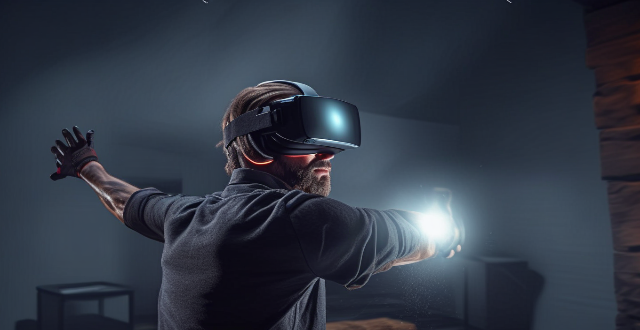Virtual reality (VR) technology has been increasingly utilized in sports training, raising the question of whether it can improve athlete skills. The answer depends on several factors, including the type of sport and specific skills required. VR platforms offer a novel medium to develop cognitive skills such as concentration and alternating attention. They can be highly beneficial for sports requiring precision and accuracy, providing a controlled environment for repeated practice and immediate feedback. However, VR should not replace traditional physical training entirely but be used as a supplementary tool. Additionally, VR can help athletes mentally prepare for competition by simulating game scenarios and practicing decision-making skills under pressure. The effectiveness of VR training depends on various factors, and its evolution in sports training programs will be interesting to observe as technology advances.

Can Virtual Reality Training Improve Athlete Skills?
Virtual reality (VR) technology has been increasingly utilized in various fields, including sports training. The question arises: can VR training improve athlete skills? The answer is multifaceted and depends on several factors.
Firstly, it is essential to understand what VR platforms offer. VR platforms provide a novel and engaging medium to develop and refine cognitive skills such as concentration performance and alternating attention . This unique opportunity for e-athletes can significantly impact their overall performance.
Secondly, the effectiveness of VR training in improving athlete skills depends on the type of sport and the specific skills required. For example, VR training can be highly beneficial for sports that require precision and accuracy, such as golf or archery. In these cases, VR can provide a controlled environment where athletes can repeatedly practice their techniques and receive immediate feedback on their performance.
Thirdly, the integration of VR into traditional training methods is crucial. While VR can offer a unique training experience, it should not replace traditional physical training entirely. Instead, it should be used as a supplementary tool to enhance specific aspects of an athlete's performance.
Lastly, the potential benefits of VR training extend beyond skill improvement. VR can also help athletes mentally prepare for competition by simulating game scenarios and allowing them to practice decision-making skills under pressure. This can lead to improved confidence and mental toughness, which are essential qualities for any athlete.
In conclusion, while VR training has the potential to improve athlete skills, its effectiveness depends on various factors, including the type of sport, the specific skills required, and how it is integrated into traditional training methods. As technology continues to advance, it will be interesting to see how VR training evolves and becomes more prevalent in sports training programs.